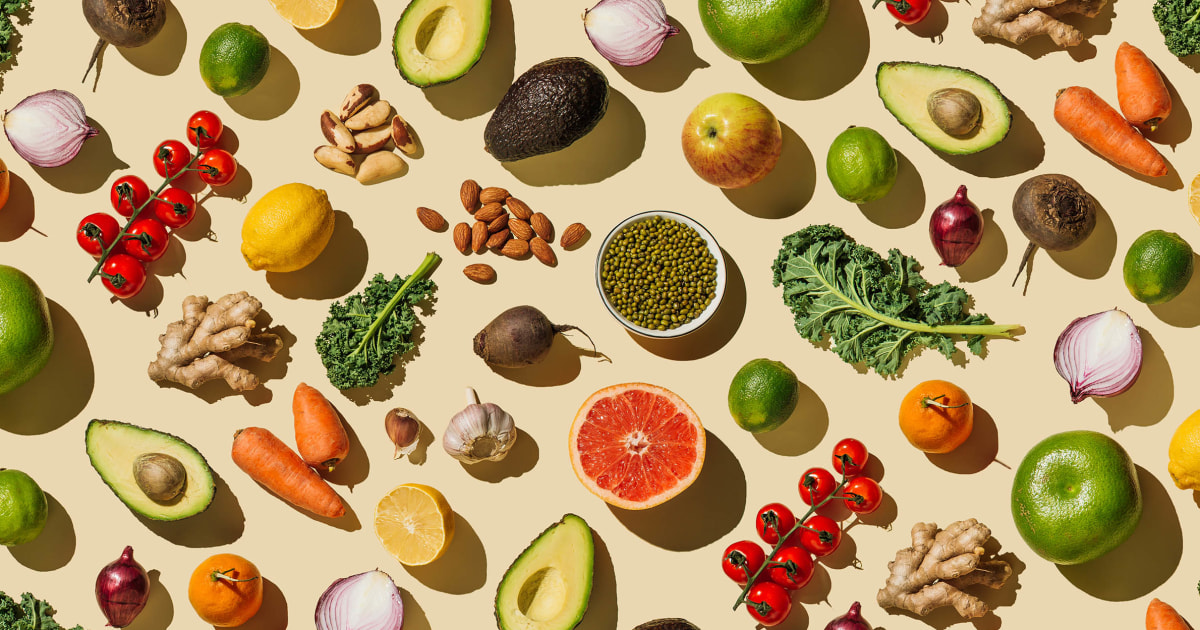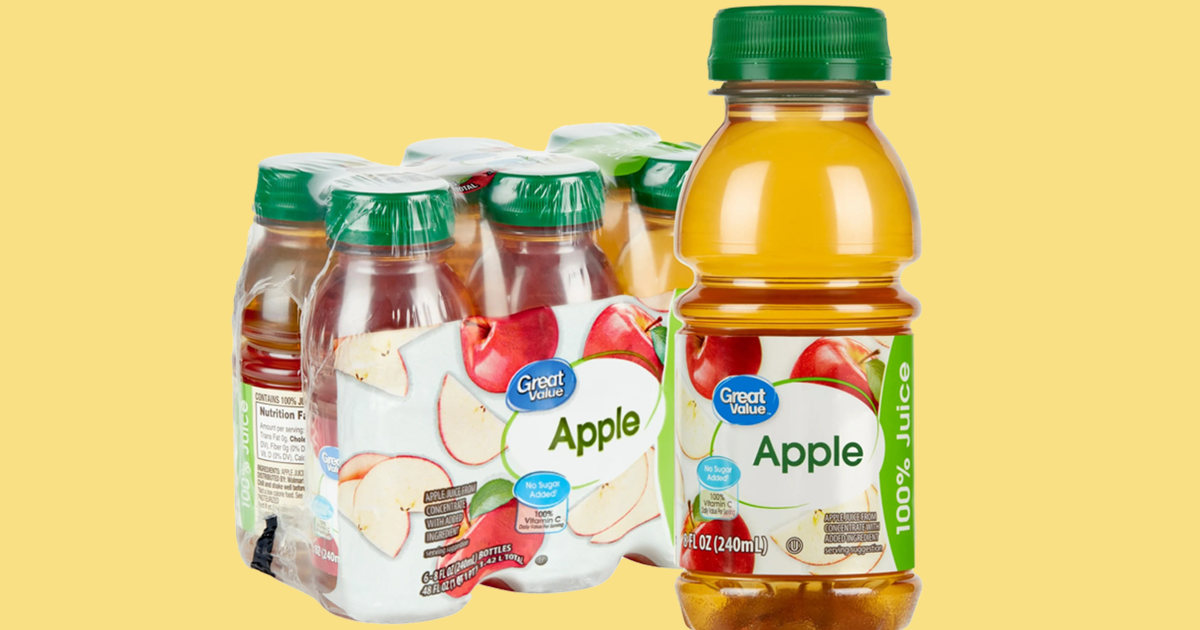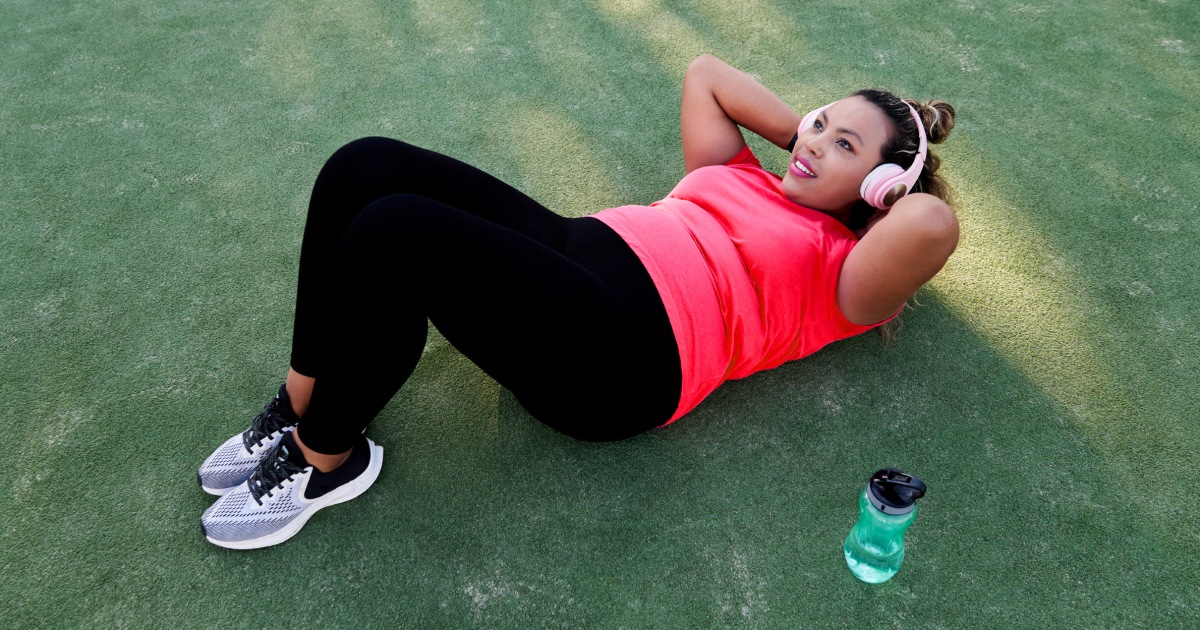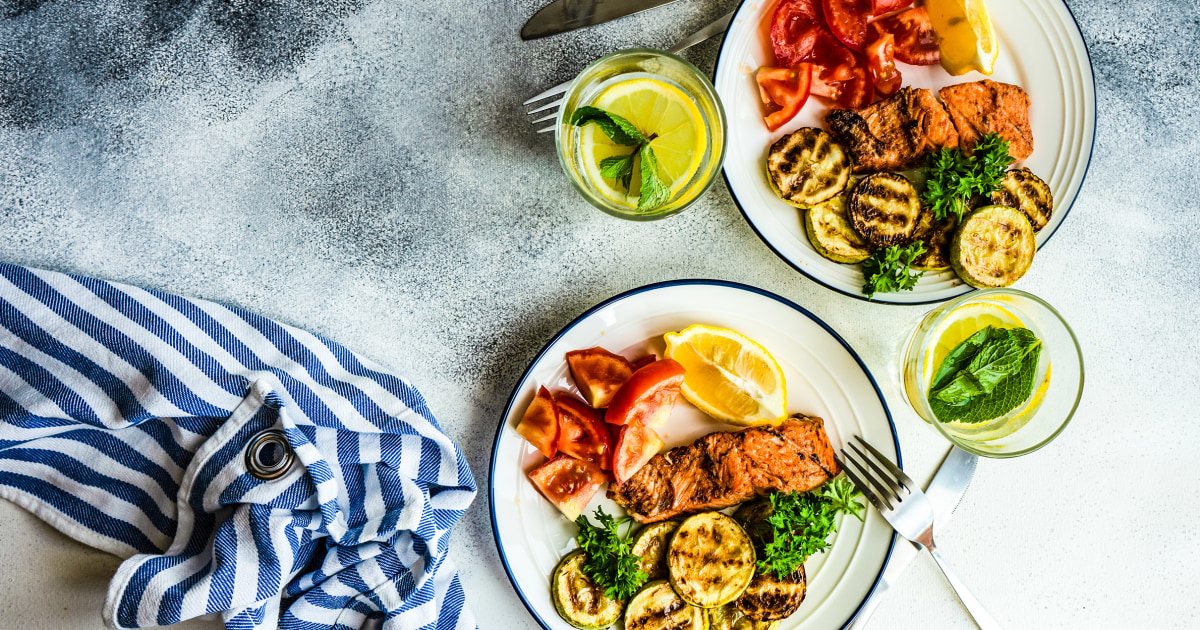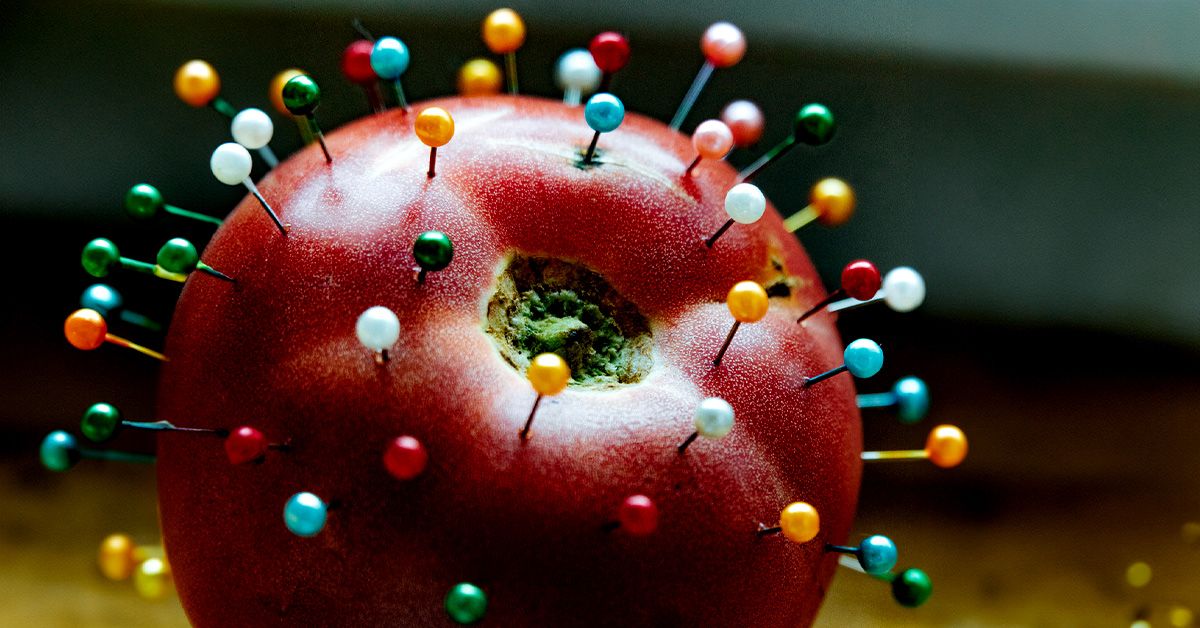Welcome to Start TODAY. Sign up for our Start TODAY newsletter to receive daily inspiration sent to your inbox — and join us on Instagram!
Fiber is the word on everyone’s lips lately.
Not only does it promote regularity, but fiber also plays a role in blood sugar regulation, heart health and weight. Fiber helps the passing of stool to prevent constipation, and it also clears cholesterol from the body, so eating enough fiber on a daily basis is pivotal for overall health. Unfortunately, a mere 5% of the population eats enough fiber daily, according to the National Institutes of Health (NIH).
Fiber is abundant in nutritious plant-based foods, like whole grains, fruits, vegetables, beans, legumes, nuts and seeds. Additionally, these foods supply other nutrients to the diet, like vitamins, minerals, antioxidants, phytochemicals, protein, healthy fat and more.
Obviously, there are a ton of reasons to emphasize fiber. These 20 dietitian-picked high-fiber foods are delicious, accessible and healthy and they’ll set you on course for taking in all fiber has to offer.
Oats
Oats have a unique fiber called beta-glucan, which has been shown to lower cholesterol levels. The fiber in oats forms a gel that clings to cholesterol in the body and is removed with the stool. Oats are also rich in b-vitamins and contain some plant-based protein, making them a hearty breakfast staple or binder for veggie burgers or meatballs.
Sweet potatoes
One medium sweet potato is a good source of fiber, supplying 15% of the amount you should have in a day. Sweet potatoes are also rich in vitamin A for eye health, vitamin C for immunity and potassium for heart health. Eating sweet potatoes is a healthy part of the daily diet, so add them as a dinner side or stuff them with protein and other veggies for a healthy meal.
Chia seeds
Two tablespoon of chia seeds has a 10 grams of fiber, which is more than 30% of your daily needs. Chia seeds are crunchy when dry, but they form a gel when soaked in liquid.
Chia seed pudding is a popular quick and easy breakfast, and you can also add chia seeds to oatmeal or smoothie bowls.
Chickpeas
A ½ cup serving of chickpeas has 6.5 grams of fiber, as well as plant-based iron and protein. “I think chickpeas are the most versatile bean, so they’re a staple in my kitchen,” says registered dietitian Kaytee Hadley. She adds the canned variety to salads, soups and rainbow bowls.
Nicole Rodriguez, a registered dietitian in New York, recommends dry-roasted chickpeas for a “portable, non-perishable, and addictively crunchy snack”.
Avocado
Avocados are the creamy fruit with plenty of fiber and monounsaturated fat, two nutrients that regulate appetite. About ⅓ of the fruit has 11% of your daily fiber. Adding avocados to almost any dish – smoothies, salads, casseroles, tacos – amplifies the tastiness and nutrition.
Lentils
A ½ cup serving of cooked lentils is a nutrient powerhouse, with 9 grams of plant-based protein and 8 grams (28% DV) of fiber. Plus, they are easy to cook and cheap to buy. Lentils mimic the texture of meat, so use them in a taco or burger for a meatless option. Or swap out half the meat for lentils to add more fiber to your meal.
Broccoli
Broccoli is one of the most popular veggies, and it’s packed with fiber to promote healthy digestion and gut diversity. “Broccoli is one of my favorite vegetables because it is full of so many nutrients including fiber, vitamin C, B6, magnesium, calcium, and a cancer-fighting nutrient called sulforaphane” says Hadley.
Roast it in the oven for a simple side dish or grate it raw into a crunchy slaw.
Cauliflower
One cup of cauliflower has 2 grams of fiber, and it also contains Vitamin C and folate, a nutrient necessary for healthy brain development.
Some people say cauliflower has a “meaty” texture, so it’s often used as a meat substitute. Try this Sheet-Pan Korean Barbecue Cauliflower for a unique twist on the veggie.
Apples
One medium apple has 4 grams of fiber. And don’t dare think about peeling the apple — all of the nutrition lives in the skin.
Apples are in season most of the year and come in many varieties. Add raw apples to salads or oatmeal, or cook them with protein for a sweet and savory main.
Pears
Pears are a sweet and tasty fiber-packed fruit. One medium pair has about 20% of your daily fiber intake, but like apples, make sure you eat the peel since that’s where the fiber lives. They also contain vitamin C.
You can turn to pears as an alternative to apples for snacking, or use them the same way you would use apples, in oatmeal, salads or for roasting.
Raspberries
“Not only do raspberries pack a fibrous punch, but they’re also a source of anthocyanins, an antioxidant that may be cardioprotective,” says Rodriguez. Plus, one cup of raspberries has about half the vitamin C you need in a day.
“I like to buy a big bag of frozen raspberries and add them to my smoothies and yogurt or boil them down and add chia seeds for homemade jam,” says Hadley.
Black beans
Canned black beans are cheap and shelf-stable, and a ½ cup serving has 8 grams of fiber and 8 grams of protein. Hadley notes they are also a good source of plant-based iron.
Use them as the base for a bean burger or in quesadillas.
Medjool dates
Dates are the naturally sweet stone fruit with fiber and polyphenols. Eating just 4 to 6 dates provides 10% of your daily fiber.
“Stuff them with nut butter, top with a few chocolate chips, and roll in coconut flakes for an after-dinner snack that’s every bit as delicious as candy bar,” says Rodriguez
Air-popped popcorn
“Popcorn delivers nearly 4 grams of fiber for a mere 30 calories per cup,” says Rodriguez. It is a whole grain, after all!
She recommends eating it in place of less-nutritious chips or pretzels or adding to a trail mix with sweet treats, like chocolate chips or M&M’s.
Flax seeds
Two tablespoons of flaxseeds have more 20% of your daily fiber. Hadley advises her patients to ditch the fiber powder and replace it with ground flax seeds in yogurt, smoothies or cereal.
“Flax seeds are one of the few plants that are naturally rich in omega 3 fatty acids which are known for their ability to fight inflammation and support heart health and longevity,” she adds.
Beets
Beets are one of the healthiest veggies around. They have inflammation-fighting compounds, are a good source of fiber and have even been shown to lower blood pressure.
Roasted beets make a great addition to a salad or dips.
Almonds
One-ounce or about a handful of almonds has 4 grams of fiber and is an excellent source of Vitamin E and magnesium. Not to mention that the healthy fat in almonds fights bodily inflammation and contributes to heart health.
Peas
This underutilized starchy legume packs a fiber punch, with 8 grams (almost 30% DV) in one cup of cooked peas. They are also a good source of plant-based protein and vitamin C.
If you’re unsure what to do with peas, add them to pasta or eat them as a side with your favorite protein.
Cabbage
Cabbage, including Brussels sprouts, is the crispy cruciferous veggie that adds fiber to any meal. It also has plant compounds that fight cancer and diabetes.
Add cabbage to a salad to switch up the texture or make a homemade slaw to top a burger or taco.
Brown rice
Pair some beans with a serving of brown rice for a double dose of fiber. One cup of cooked brown rice has 3 grams of fiber, making it a nutritious and satiating whole grain.
Read the full article here









